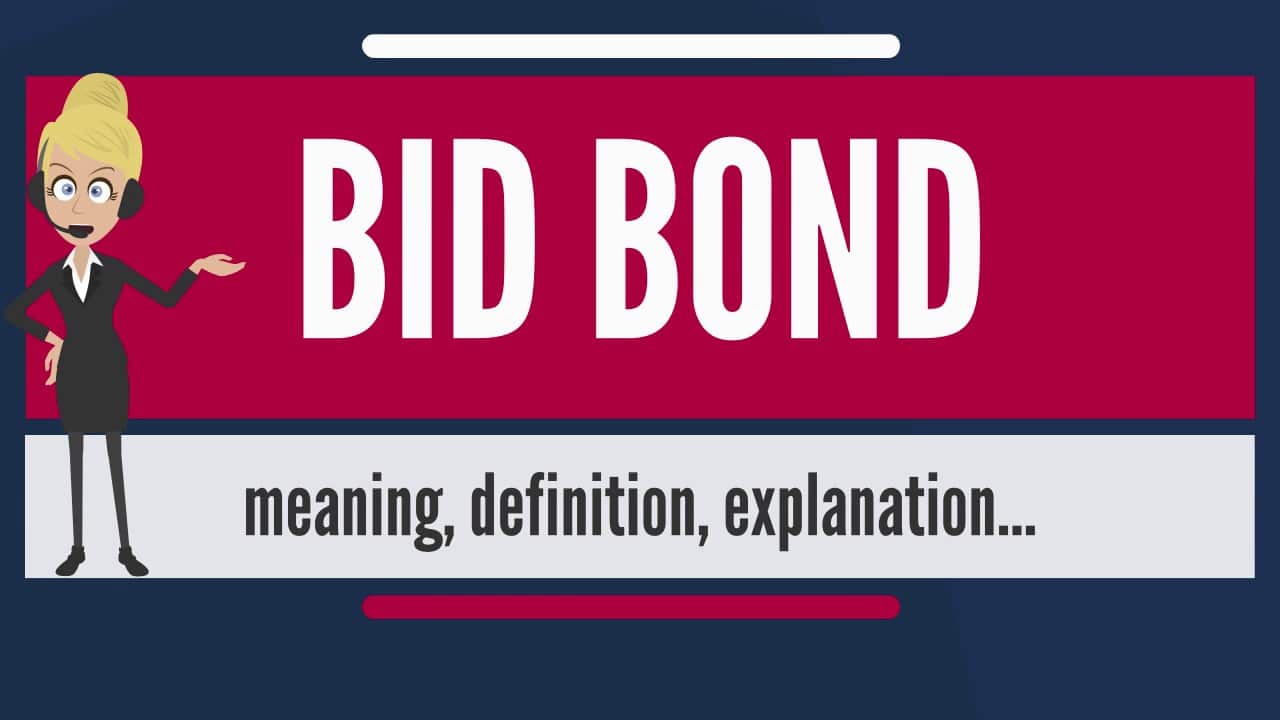If you are going to be successful in your business, you need to understand the facts about bid bonds.
As a contractor, there is going to come a time when you will need to apply for a bid bond. There may even be a good chance that you are somewhat familiar with these types of bonds, but do not fully understand them.
The main focus of a bid bond is to protect a developer or project owner. These bonds are most often only issued during the bidding stages of the project.
What is a bid bond?
A bid bond is a debt secured by a bidder for a construction job, or similar type of bid-based selection process, to provide a guarantee to the project owner that the bidder will take on the job if selected.
The existence of a bid bond provides the owner with the assurance that the bidder has the financial means to accept the job for the price quoted in the bid.
Facts about bid bonds and how they work
A bid bond protects the organisation that has advertised for the service (the project owner) as there is a total bond amount that a supplier/contractor will be liable to pay should he/she breach the contract by not taking on the projector by asking for a higher price.
In the event default by the service provider, the project owner can file a claim against the bid bond.
Usually, a bank will pay in the amount of how much more he has to pay to contract the next-lowest bidder for the project or of the face value of the bid bond.
A bid bond compensates the owner for the cost difference between the initial contractor’s bid and the next-lowest bid.
Sometimes, the surety agency sues the contractor to recover these costs, depending on the terms of the bond.
Where and how can you get a bid bond?
Usually, a bank or financial institution will provide bid bonds and other sureties/guarantees.
Credit Banks provide bid bonds within limits stated on the contract/ tender document calling for the bid bond.
As for the how, when you apply for a bid bond at a Credit Bank, we shall evaluate the financials you have provided and where necessary, the applicable collateral. This process should not take more than a few hours and can cost from as low as Ksh 2,000.
Facts about bid bond winning
A bid bond will show the developer that the contractor is viable and capable of fulfilling the terms of the contract.
This does not necessarily mean that every bonded bidder will receive a winning bid because the developer will award the winning bid to the contractor with the lowest bid.
Developers are also very likely to choose a contractor that they frequently do business with since they are familiar with their operation.
Pre-qualification criteria
Before you; can acquire your bid bond, you’ll first need to proceed through a pre-qualification procedure. To make this assessment, the judging entity will utilise an assortment of details and documents. Remember that the precise requirements will vary from one surety provider to the next. Some will be a little stricter than others, so you may or may not need all of the documents below.
- Organisational Chart – This chart should feature your company’s most prominent employees and their responsibilities. Also, be sure to provide resumes for each of these individuals.
- Business Plan – It is pertinent to prepare for the future by formulating a business plan. Even if you do not need a surety bond, this is an important document. You should also include objectives, such as growth and profit goals.
- Current Work And Historical Records – Also, the surety provider will want to know that your company is capable of completing projects and satisfying the client. Provide them with a breakdown of your current projects, as well as historical work records.
- Continuity Or Completion Plan – The surety company will want to know that your company will be able to continue operations as usual, after the death or disablement of the company’s owner. This is where a continuity plan will enter the picture. Some surety providers will request the owner to list the construction company as the beneficiary of their life insurance coverage.
- Proof Of A Line Of Credit – Many companies will wind up running into temporary deficits. This is why they’ll request evidence of your bank line of credit.
- References And Recommendations – Finally, make sure you’ve acquired a few letters of recommendation from project owners, engineers and subcontractors on previously completed projects.




